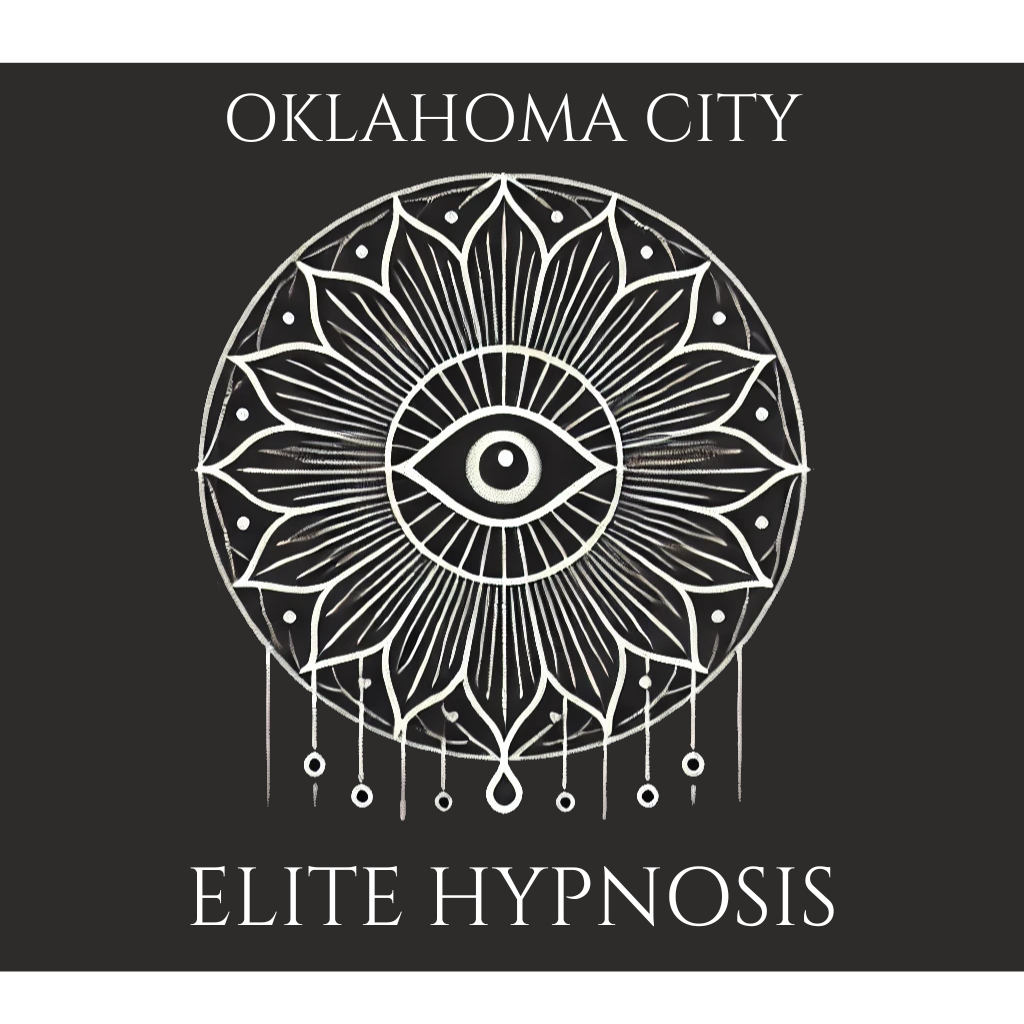
The Science Behind Hypnosis:
Understanding the Mind's Hidden Power
Hypnosis has long captivated the imagination of people, often depicted in movies and media as a mystical practice that gives control over the mind. However, beyond the dramatized portrayals, there lies a fascinating scientific discipline that examines the genuine effects of hypnosis on the human brain and behavior. Understanding the science behind hypnosis can demystify this powerful tool and reveal its true potential in therapeutic and clinical settings. In this article, we'll explore what happens in the brain during hypnosis, the theories that explain its effects, and the research supporting its benefits.
What is Hypnosis?
Hypnosis is a state of focused attention, heightened suggestibility, and deep relaxation. During hypnosis, an individual may become more open to suggestions and more responsive to changes in perception, memory, and behavior. This state is often induced by a trained hypnotherapist through guided relaxation and verbal cues. Although hypnosis is not sleep, it shares some similarities with certain sleep phases, such as the presence of relaxed brain wave patterns.
Historical Context
The practice of hypnosis dates back to ancient times, with roots in various cultural rituals and healing practices. In the 18th century, Franz Mesmer, an Austrian physician, popularized the concept of "animal magnetism," which laid the groundwork for modern hypnosis. Despite initial skepticism, hypnosis gained scientific credibility through the work of pioneers like James Braid, who coined the term "hypnosis," and Sigmund Freud, who explored its use in psychoanalysis.
The Brain Under Hypnosis
To understand the science behind hypnosis, it’s essential to examine what occurs in the brain during a hypnotic state. Neuroscientific studies have used technologies such as functional magnetic resonance imaging (fMRI) and electroencephalography (EEG) to investigate the brain’s activity during hypnosis.
Changes in Brain Activity
- Altered Brain Waves:
- During hypnosis, the brain often exhibits increased activity in theta waves, which are associated with relaxation, meditation, and creativity. Theta waves indicate a state of deep focus and heightened receptivity to suggestion.
2. Increased Connectivity:
- Studies have shown increased connectivity between different brain regions during hypnosis, particularly between the prefrontal cortex (involved in decision-making and attention) and the default mode network (related to self-referential thought and daydreaming). This connectivity enhances the brain's ability to integrate new information and facilitate behavioral change.
3. Reduced Critical Thinking:
- Hypnosis can reduce activity in the dorsal anterior cingulate cortex, a region linked to critical thinking and skepticism. This reduction may explain why individuals under hypnosis are more open to suggestions and able to bypass habitual thought patterns.
Theories Explaining Hypnosis
Several theories have been proposed to explain how hypnosis affects the mind and behavior:
- Dissociation Theory:
- Dissociation theory suggests that hypnosis induces a split in consciousness, allowing individuals to separate their conscious awareness from certain thoughts or sensations. This theory aligns with the experience of being absorbed in a task and losing track of time.
2. Social-Cognitive Theory:
- Social-cognitive theory posits that hypnosis results from social and cognitive processes, including expectation, motivation, and role-playing. According to this theory, individuals may respond to hypnosis based on their beliefs and the context in which hypnosis occurs.
3. Neuroscientific Theory:
- Neuroscientific theory focuses on the brain's neural mechanisms during hypnosis, emphasizing changes in brain connectivity and altered neural pathways. This theory highlights the role of the brain's plasticity and the ability to rewire itself in response to hypnotic suggestions.
Scientific Studies Supporting Hypnosis
Research has provided evidence of hypnosis's effectiveness in various therapeutic applications. Here are some key areas where hypnosis has shown promise:
Pain Management
Hypnosis has been widely studied for its ability to alleviate pain and discomfort. Clinical trials have demonstrated that hypnosis can reduce pain perception in conditions such as chronic pain, migraines, and post-surgical recovery. For example, a meta-analysis published in the journal Pain found that hypnosis significantly reduced pain in both acute and chronic conditions compared to control groups.
Anxiety and Stress Reduction
Hypnosis is effective in reducing anxiety and stress, promoting relaxation, and improving overall well-being. A study published in the International Journal of Clinical and Experimental Hypnosis found that hypnosis effectively reduced anxiety levels in patients undergoing medical procedures, such as surgery and chemotherapy.
Smoking Cessation
Hypnosis is popular for smoking cessation due to its potential to address underlying psychological factors contributing to smoking behavior. A study published in the journal Addictive Behaviors found that hypnosis increased the likelihood of long-term smoking cessation compared to other interventions.
Weight Management
Hypnosis can support weight management by influencing eating behaviors and addressing emotional triggers for overeating. Research published in the Journal of Consulting and Clinical Psychology indicated that individuals undergoing hypnosis for weight loss achieved better outcomes than those receiving only behavioral therapy.
Improving Sleep Quality
Hypnosis has shown promise in improving sleep quality and addressing insomnia. A study in the journal Sleep demonstrated that hypnosis could enhance deep sleep and promote overall restful sleep, particularly in individuals with sleep disorders.
Practical Applications of Hypnosis
Hypnosis is used in various clinical and therapeutic settings to support individuals in achieving their goals and improving their quality of life. Here are some practical applications of hypnosis:
Clinical Hypnotherapy
Trained hypnotherapists use clinical hypnotherapy to address various issues, including anxiety, phobias, pain management, and habit control. Hypnotherapy involves using hypnosis as a complementary therapy to support traditional treatment methods.
Self-Hypnosis
Self-hypnosis is a technique individuals can learn to practice on their own. It involves inducing a state of relaxation and using self-suggestions to achieve specific goals, such as reducing stress or enhancing performance. Self-hypnosis is a valuable tool for personal development and well-being.
Hypnobirthing
Hypnobirthing is a childbirth preparation method that incorporates hypnosis techniques to promote a calm and positive birth experience. By practicing relaxation and visualization, expectant mothers can reduce anxiety and pain during labor and delivery.
Conclusion
The science behind hypnosis reveals a fascinating interplay between the mind and brain, offering valuable insights into this powerful tool's mechanisms and benefits. As research continues to advance, hypnosis is gaining recognition as a legitimate and effective therapeutic approach for various issues, from pain management to anxiety reduction. By understanding the science behind hypnosis, individuals can make informed decisions about incorporating this practice into their lives and unlocking the mind's hidden potential. Whether used by clinicians, therapists, or individuals seeking personal growth, hypnosis offers a pathway to harness the mind's innate power and achieve positive change. Don't hesitate to reach out to us and set-up a hypnotherapy session. We are happy to help you, and should you have any questions we'll answer them and make sure you're comfortable with the process before proceeding. Call us today!
Ready to work with Oklahoma City Elite Hypnosis, Give us a call !
Let's connect! Send us a message or give us a call today so we can help you!
Agency Contact Form
We will get back to you as soon as possible
Please try again later
Oklahoma City Elite Hypnosis Blog










